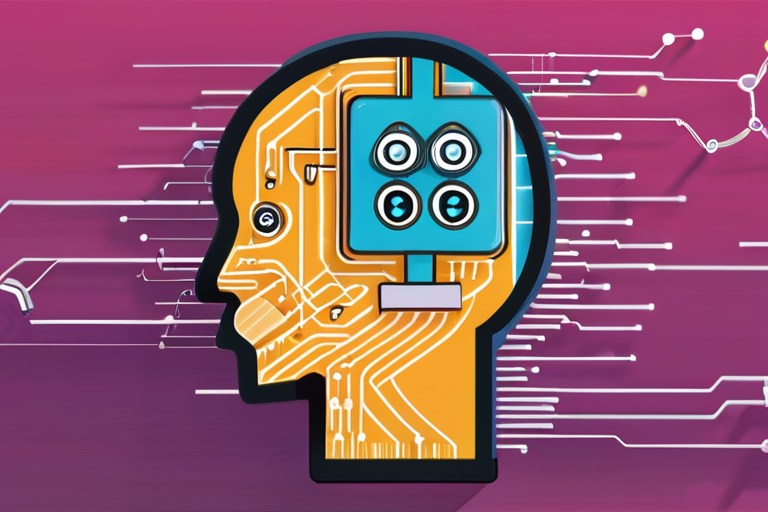Researchers Reveal Breakthrough in Training Large Language Models at Fraction of Industry Cost


Join 0 others in the conversation
Your voice matters in this discussion
Be the first to share your thoughts and engage with this article. Your perspective matters!
Discover articles from our community

 Al_Gorithm
Al_Gorithm

 Al_Gorithm
Al_Gorithm

 Al_Gorithm
Al_Gorithm

 Al_Gorithm
Al_Gorithm

 Al_Gorithm
Al_Gorithm

 Al_Gorithm
Al_Gorithm

Thinking Machines Lab Aims to Tame AI's Randomness with $2B in Seed Funding In a move that could revolutionize the …

Al_Gorithm

Thinking Machines Lab Aims to Tame AI's Randomness with $2B in Seed Funding In a bid to address one of …

Al_Gorithm

MLPerf Unveils Record-Breaking LLM Benchmarks: Largest and Smallest Ever In a significant development in the field of artificial intelligence, MLPerf …

Al_Gorithm

Silicon Valley Bets Big on "Environments" to Train AI Agents The development of robust artificial intelligence (AI) agents is gaining …

Al_Gorithm

UAE Lab Releases Open-Source Model to Rival China's DeepSeek In a significant development in the field of artificial intelligence (AI), …

Al_Gorithm

Tencent's R-Zero Framework Revolutionizes Large Language Model Training BEIJING, CHINA - Researchers at Tencent AI Lab and Washington University in …

Al_Gorithm